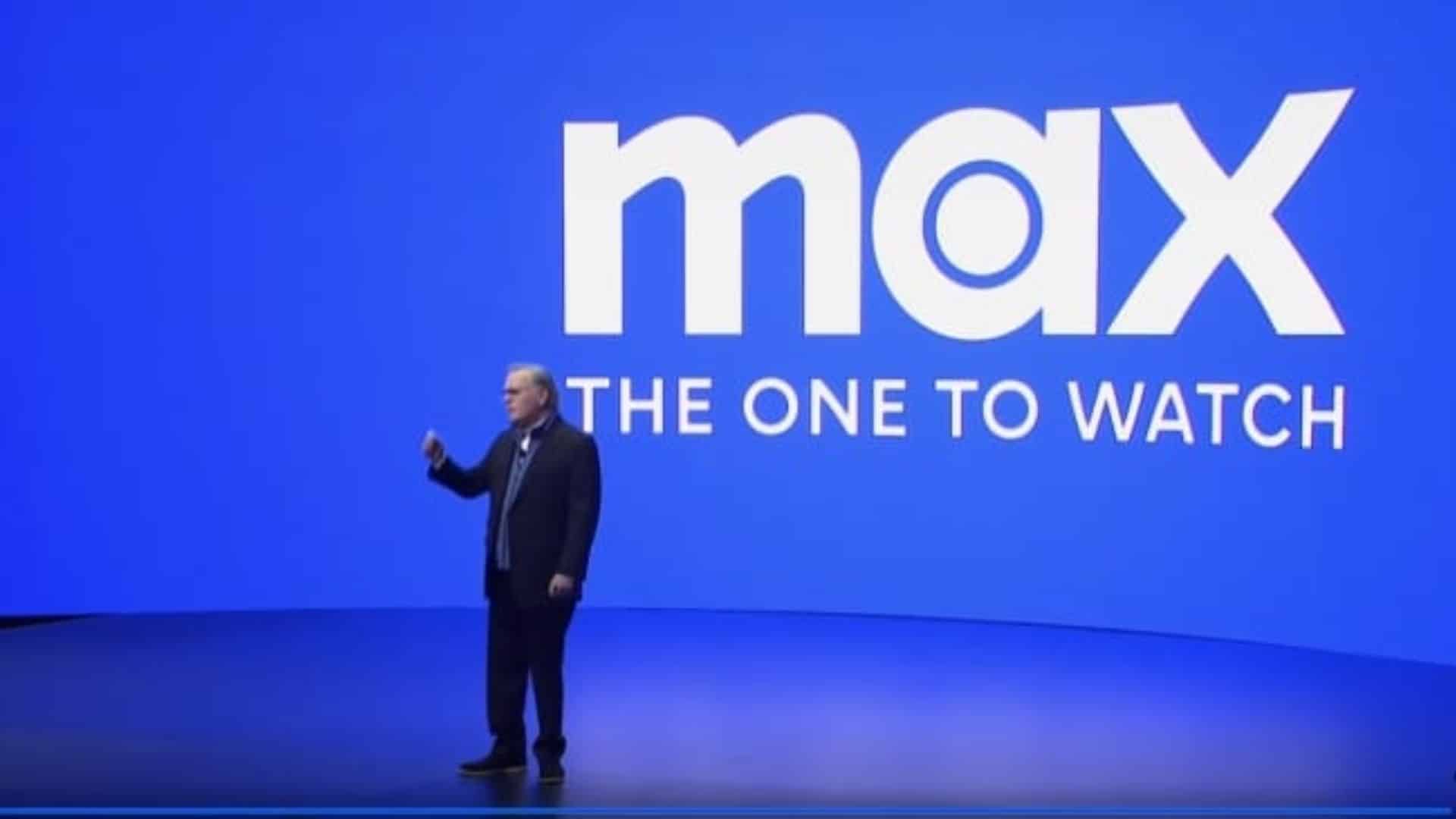
Google shows major US media outlets a test tool for generating news stories
Executives from The New York Times, The Washington Post and News Corp, which publishes The Wall Street Journal, have recently seen a demonstration of a tool that Google is developing to create news content. The first of these media outlets details that the application is known as Genesis and has the capacity to gather information to put together news stories with it, according to several sources close to the product. One indicates that the tech giant sees it as a kind of personal assistant for journalists that could free them from certain tasks so they can focus on others.
It is unclear what those tasks would be and how much of an impact it could have on a journalist’s productivity, as no further details of how it would work have emerged. Google spokeswoman Jean Cridder said in a statement that “we are in the early stages of exploring ideas for providing AI-enabled tools to help journalists with their work”. In the US, major media outlets are already in talks to put up a united front against using their content to train generative artificial intelligence processes.
One of the first areas where this application could have an impact is headlines, where for years different applications have been performing real-time A/B tests on submissions written by journalists. Artificial intelligence could eventually generate by itself the best alternative to get the click, as is being implemented for advertising campaigns on platforms such as Meta, where it will also be used to choose the most effective accompanying image.
In any case, automatic content creation is no stranger to journalism. At news agencies such as The Associated Press, a small part of their media submissions are automatically produced using structured data that can be shaped by machine learning. This allows them to serve their clients faster and with fewer resources automated stories on sports or financial results, which are generally the easiest to do so. The proliferation of ever more comprehensive real-time and historical data sources and their combination with ever more refined processes is extending this range and introducing new dilemmas for newsrooms.
The application is called Genesis and is promoted as a personal assistant for journalists that would allow them to automate less relevant tasks in order to focus on others.
In fact, some media outlets have announced to their employees that they are going to make more use of it, such as Insider and The Times, although Axel Springer is probably the company in the sector that is relying most on this technology for part of its future. If in March it announced that one of its objectives was to introduce it to replace journalists in the coverage of issues with low perceived value, in June its daily Bild informed staff that an unspecified number of roles would disappear in this process in order to reduce staff costs.
This scenario is not being considered for the moment in Spain, according to executives from several media at the presentation of the study Artificial intelligence in journalism, carried out by Metroscopia. But the sector is calling for the regulation of their use in order to protect the work they do.












